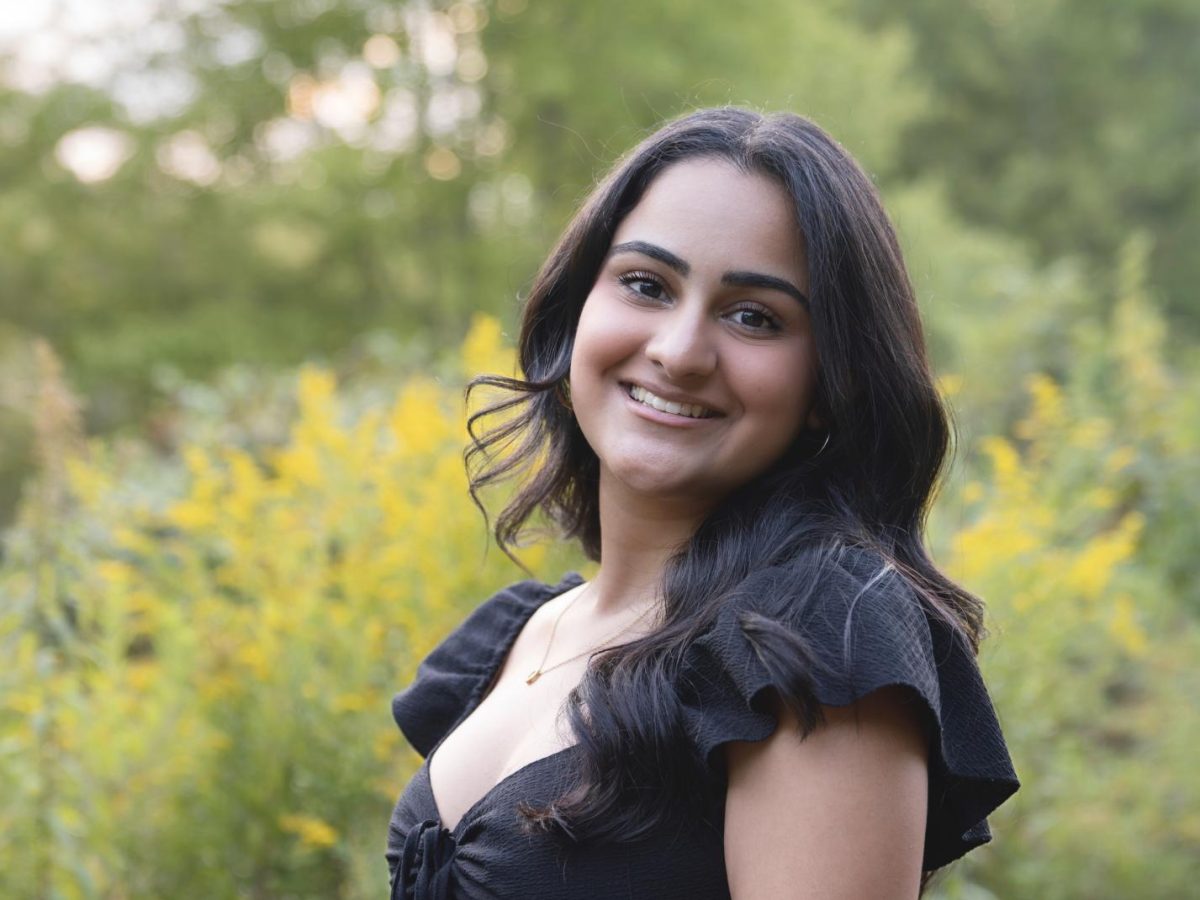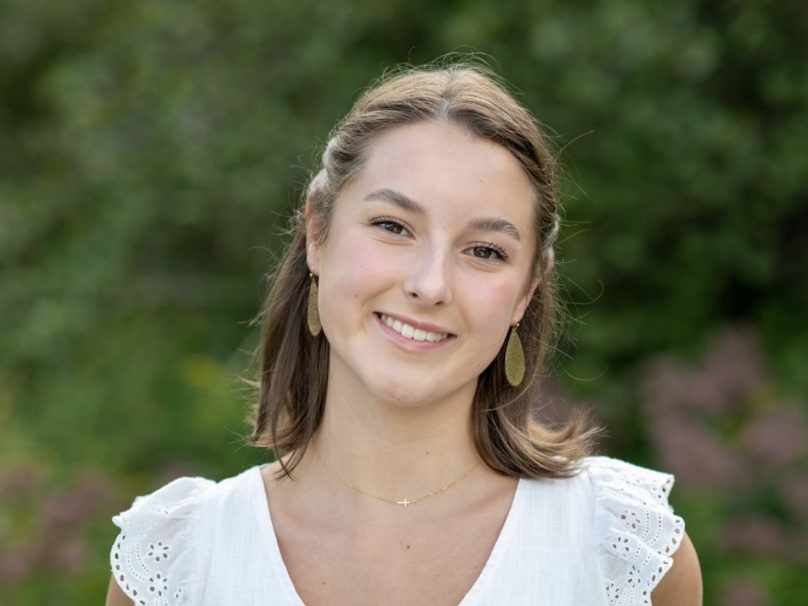 Written By: Sara Houle and Lea Pirdy
Written By: Sara Houle and Lea Pirdy
“It was like being in the movies,” says new Spanish teacher Ana Palladino, as she reflects back on her first trip to the United States 26 years ago. She remembers loving the freedom and independence theUnited States had to offer. As a teen, she felt more empowered here. When she first came to the United States, Palladino said that it was very exciting and that she liked trying new experiences. Although she was very enthusiastic, her first few years felt like a fog.
Even though she could test in English, she couldn’t speak it very well. It took her seven years to get used to the language and the lifestyle of people in the U.S., but even after that she still struggles with it. “After seven years I thought I had learned it all- but you don’t just learn it in the classroom. You learn the culture and the routines by living them.”
One thing Palladino loves about the Spanish language is how passionate it is. “It has strong words that define things in depth much more than the English language.” Also, growing up in Spain, the culture was very family oriented. The moms in Spain were stay-at-home moms. Schooling was much different from the U.S. When Palladino went to school in Spain, she went for three hours, had a break for lunch from twelve to three in the afternoon, then went back to school for three more hours.
For a while, Palladino thought she would do something else with her life, and for a while she did, but somehow she ended up teaching high school-and loving it. Before she came to Westborough, she worked at Mill Pond as a paraprofessional, at Hastings as an ELL tutor and at Gibbons Middle School as a Spanish teacher.
“All children should be able to study a foreign language at a much, much earlier time,” Palladino says. Students should start learning languages at earlier grades in school. She believes that children should be fluent in two languages, if not more. Also, it’s not only the language you’re learning, it’s the culture. Maybe someday soon, we’ll see foreign languages being taught at a much younger age.






